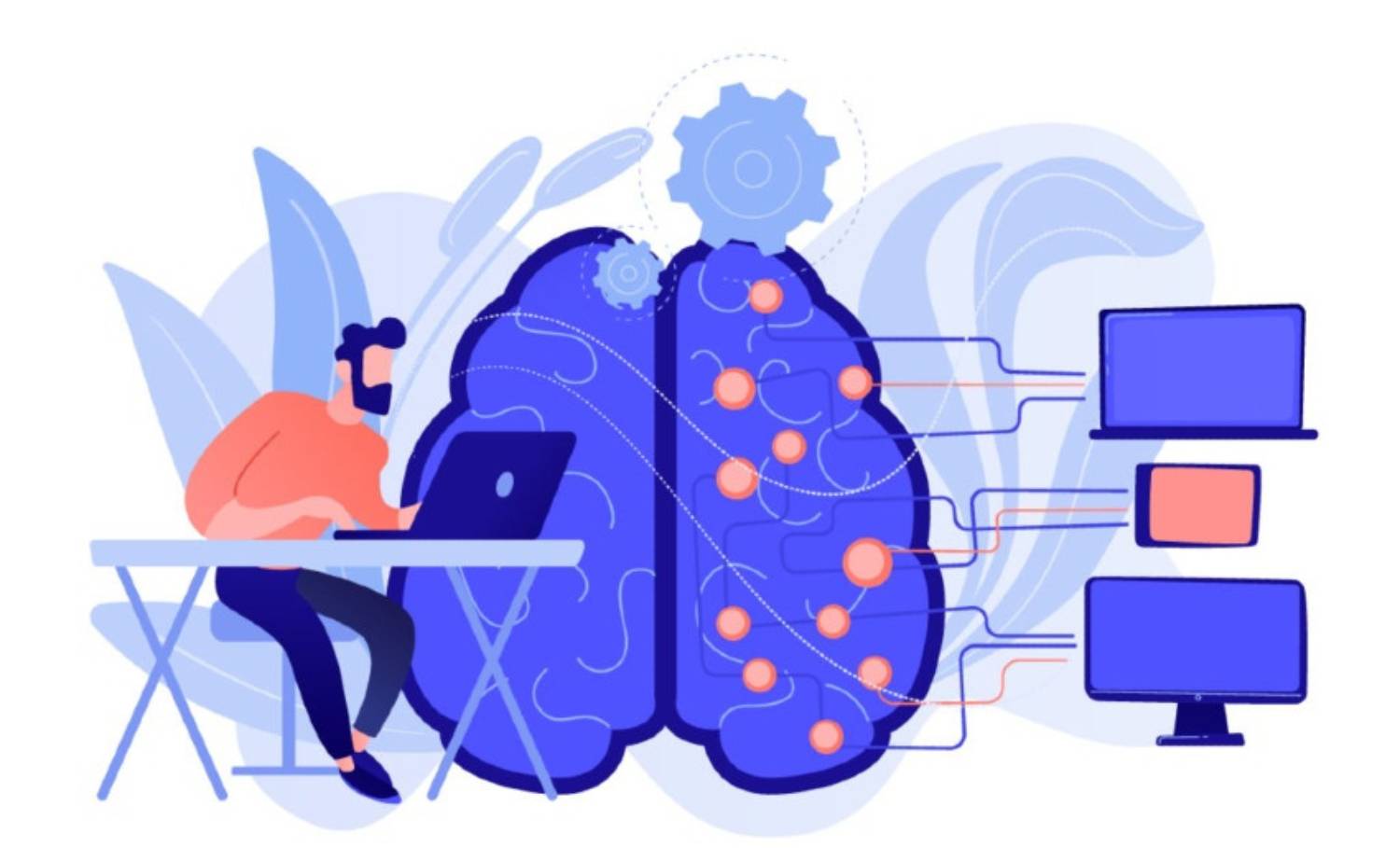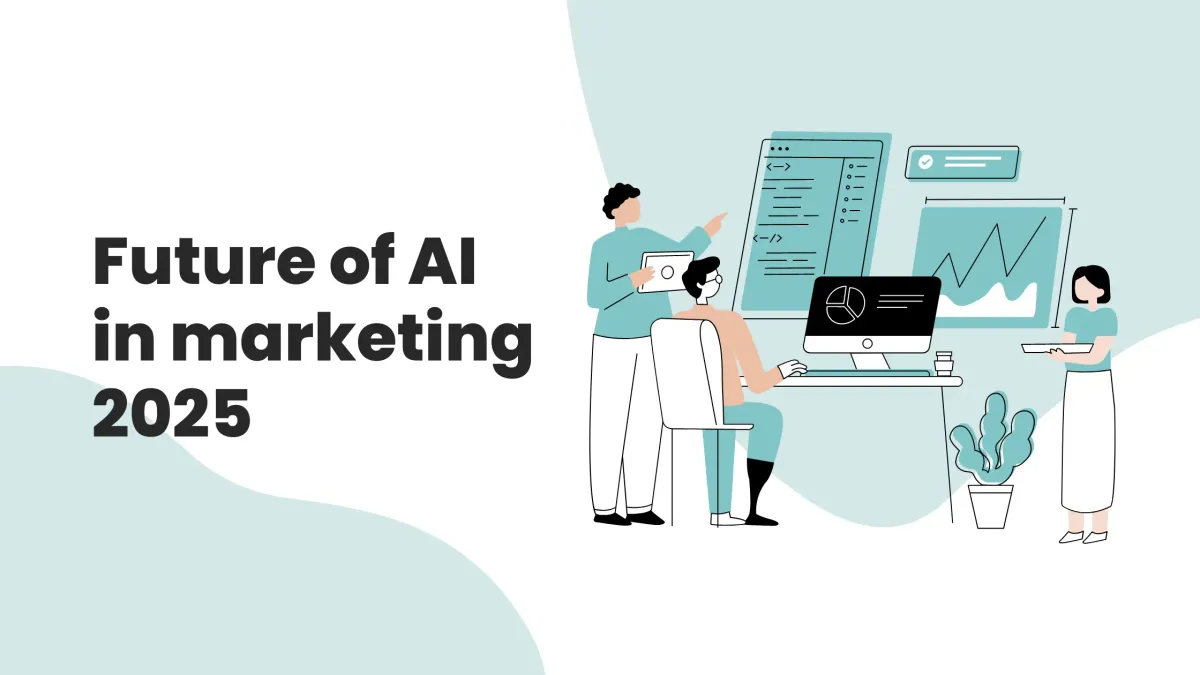How will AI impact the future of content marketing?
As AI improves, businesses will find ways how it can benefit content marketing, with new opportunities in personalization, automation, and optimization.

AI and machine learning are crucial in helping businesses make strategic decisions for content marketing. It has opened the portal to many applications, from content creation to sentiment analysis as well as with transparency.
The marketing industry has welcomed Artificial Intelligence (AI) with open arms. According to a study by Salesforce, 8 in 10 digital marketers are deploying AI and machine learning-enabled solutions for their marketing endeavors.
Here are several ways AI will impact the future of content marketing.
Content marketing automation with AI
AI can help improve the efficiency and effectiveness of content marketing efforts by automating specific tasks, such as data analysis and content creation.
In terms of data analysis, AI can analyze large amounts of data about customer behavior, preferences, and engagement to identify patterns and insights that can inform their content marketing efforts.
For example, AI can analyze data about which types of content are most popular amongst specific demographics or which content is most likely to drive conversions. This can help businesses create more targeted and effective marketing campaigns and optimize their content for better performance.
AI can also be used to automate the process of content creation. For instance, AI-powered tools can generate social media posts or email campaigns based on predefined templates and rules. This can help businesses scale their content marketing efforts more efficiently and allow them to focus on other tasks.
AI can analyze large amounts of data
AI can help with content marketing by analyzing large chunks of data to identify trends and patterns that can inform personalized content creation.
For example, an AI system might analyze data on a company's website traffic, purchasing history and customer behavior to understand what types of content are most likely to convert various audience segments. This information can be used to make targeted content that speaks directly to the interests of specific customer groups.
Furthermore, AI can also analyze large amounts of data from major social media platforms, such as Twitter and Facebook, to understand what types of content are most likely to go viral. This can help marketers create more effective social media campaigns and reach a larger audience.
Generating Content

AI can use natural language processing (NLP) to generate content in a way that is similar to how a human would write. A subset of AI, NLP solely focuses on the interaction between computers and humans through natural language learning.
One way that AI can leverage NLP to generate content is through language generation models. These models are trained on large datasets of human-written content and can generate new text similar in style and structure to the training data.
For example, a language generation model might be trained on a dataset of articles about a specific topic, such as technology or finance. The model could generate new reports on the same subject, complete with titles, headings, and body text.
Moreover, with the help of AI-driven custom feed algorithms, marketers can track and analyze what the users like. This can help marketers build similar content in different formats, such as news, blogs, to gain more engagement. This is also how social media channels such as Instagram can show you the type of content that interests you based on your previous engagement patterns.
Transparency is paramount for content marketers using AI to avoid causing harm or contributing to societal problems. For example, AI-generated content or social media accounts could spread misinformation or propaganda or influence public opinion in unethical ways. This can severely threaten democratic processes, and the public's trust in information.

Finally, using AI in content marketing can raise privacy and security concerns. For example, suppose an AI system collects and analyzes large amounts of personal data. In that case, there is a risk that this data could be misused, leading to privacy violations or identity theft.
Overall, there are plenty of benefits of AI in content marketing, but marketers and businesses should adhere to ethical best practices to ensure that their use of the technology is responsible, truthful and without malicious intents.
Save time and money when producing high-quality, accurate and effective bespoke content for your content marketing needs. ContentGrow helps marketing teams work with perfectly matched content creators at preferred rates. Sign up to get your campaign started or book a quick call with our team to learn more.





